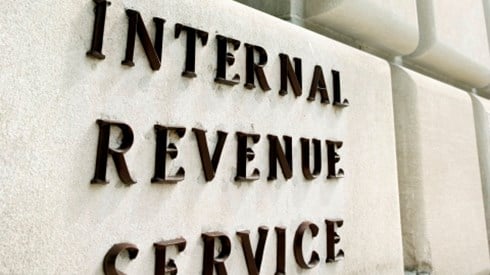Micro-Captives, Foreign Captive Insurance on IRS 2023 Dirty Dozen List

April 06, 2023

The Internal Revenue Service (IRS) has released its 2023 Dirty Dozen list, and once again, micro-captive insurance arrangements and Puerto Rican and foreign captive insurance are included on the list.
The IRS said the annual Dirty Dozen list is meant to alert taxpayers, businesses, and tax professionals of potentially abusive tax arrangements, scams, and schemes.
Regarding micro-captive arrangements, an IRS statement said, "Abusive micro-captives involve schemes that lack many of the attributes of legitimate insurance. These structures often include implausible risks, failure to match genuine business needs, and, in many cases, unnecessary duplication of the taxpayer's commercial coverages."
So-called micro-captives, small captive insurance companies that elect to be taxed under section 831(b) of the Internal Revenue Code, which allows small insurance companies to be taxed only on their investment income, have been the target of IRS scrutiny in recent years.
In 2020, the agency deployed 12 new micro-captive examination teams to substantially increase its examinations of micro-captive insurance transactions, while in April 2021, it warned participants in abusive micro-captive arrangements to exit those arrangements as soon as possible. Days later, the IRS announced that it had formed an office to coordinate the agency's focus on abusive tax avoidance transactions, including abusive micro-captive insurance arrangements.
In January 2022, the IRS Office of Chief Counsel announced it would hire up to 200 additional attorneys to help the agency combat abusive syndicated conservation easements and micro-captive transactions, as well as other abusive schemes.
The IRS statement said its focus on Puerto Rican or foreign captive insurance is aimed at cases in which "US business owners of closely held entities participate in a purported insurance arrangement with a Puerto Rican or other foreign corporation in which the US business owner has a financial interest.
"The US business owner (or a related entity) claims a deduction for amounts paid as premiums for 'insurance coverage' provided by a fronting carrier, which reinsures the 'coverage' with the Puerto Rican or other foreign corporation," the IRS said. "Despite being labeled as insurance, these arrangements lack many of the attributes of legitimate insurance."
April 06, 2023



